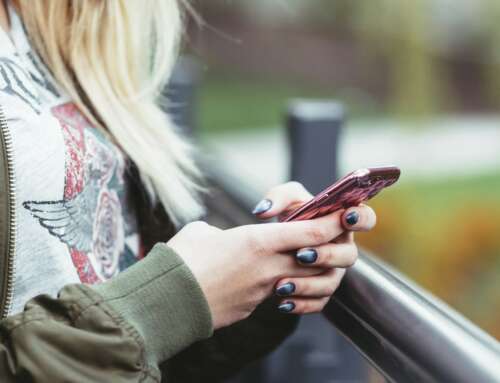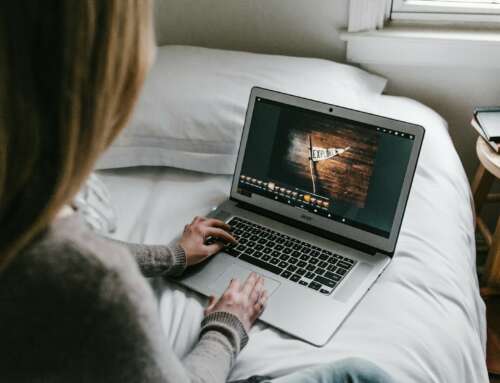 Whose job is it to teach children about cyber-safety, online behaviour or digital citizenship?
Whose job is it to teach children about cyber-safety, online behaviour or digital citizenship?
Parents seem to be waiting for schools to take the lead, whilst this is another area schools believe that parents have dropped the ball, and unfairly they’ll say, need to find time and resources to fit this into an already jam-packed curriculum.
The fact is there is a vast array of resources out there, from Generation Next seminar regular Susan McLean’s brand new book, Sexts, Texts and Selfies to a new partnership between Disney and the Australian Federal Police to help teach online safety to primary school kids.
I’d also highly recommend the ACMA series of resources that aim to empower, kids, parents and teachers. The fact that ACMA’s workshops are booked out well in advance highlights the need for this in the community.
I think it could be time for adults to stop playing footy with this stuff and band together as communities. Sure the school can be a hub, but parents and teachers need up-skilling, as much as the students need guidance, and by working together I believe we’ll have a better chance of reaching kids who need help.
Incidentally, I think you’ll find this blog post by danah boyd interesting. Yes – she spells her name all lower case – she’s also one of the world’s most highly regarded experts regarding youth, behaviour and online stuff.
She argues that the image you have of the online predator might not match that of the real online predator.
Go on have a read, and then have a chat at school.
Author: Dan Haesler is a teacher, consultant and speaker at the Mental Health & Wellbeing of Young People seminars. His website is: http://danhaesler.com/ and he tweets at @danhaesler







Dan is right! As a educator and activist campaigning for equity in intimacy it is clear to me that more education and awareness is needed to help parents understand the landscape their children are growing up in. After researching into the impact of pXXography on young people over the past year I think what we need is a high level commitment and a desire to up skill adults. My finding suggest that kids are doing what is natural at puberty – exploring their sexuality – but, it is happening online and the net has some very dark places that many parents don’t even know exist. Parents, teachers and other trusted adults who work with children need to know what for our kids is normal and freely accessible to anyone who has internet access. Recent stats suggest that 85.3% of secondary students use their phone to access the net daily! Growing up online mean sexual exploration and experimentation is part of that process. Like any other aspect of growing up teaching children to navigate the online space safely is primarily the responsibility of parents. Let’s break the silence and taboo around the topic of sexual exploration online and start an open dialogue with kids. PXXn is everywhere on the net. PXXn’s influence is everywhere in music videos, advertising and popular culture. Our kids are not deviants they are just online! It’s the job of primarily parents, but also other trusted adults, to point out the harms of normalising illegal, unclassified, freely available pornography that models a violent and inequitable form of industrial sexuality. We don’t want this for our kids and we don’t want this for our culture! Let’s begin open conversations about this issue with anyone who has the courage to talk about it. Let’s talk to our children before the repercussions of another generation’s tolerance of inequity show up in the domestic violence stats of the future. Our job as educated adults is to begin conversations that provide opportunities for discussion, dialogue and deconstruction of harmful relationship models normal in online porn, and offer alternative examples of REAL LIFE that show and tell what respectful and equitable relationships and sexuality can and should look like.